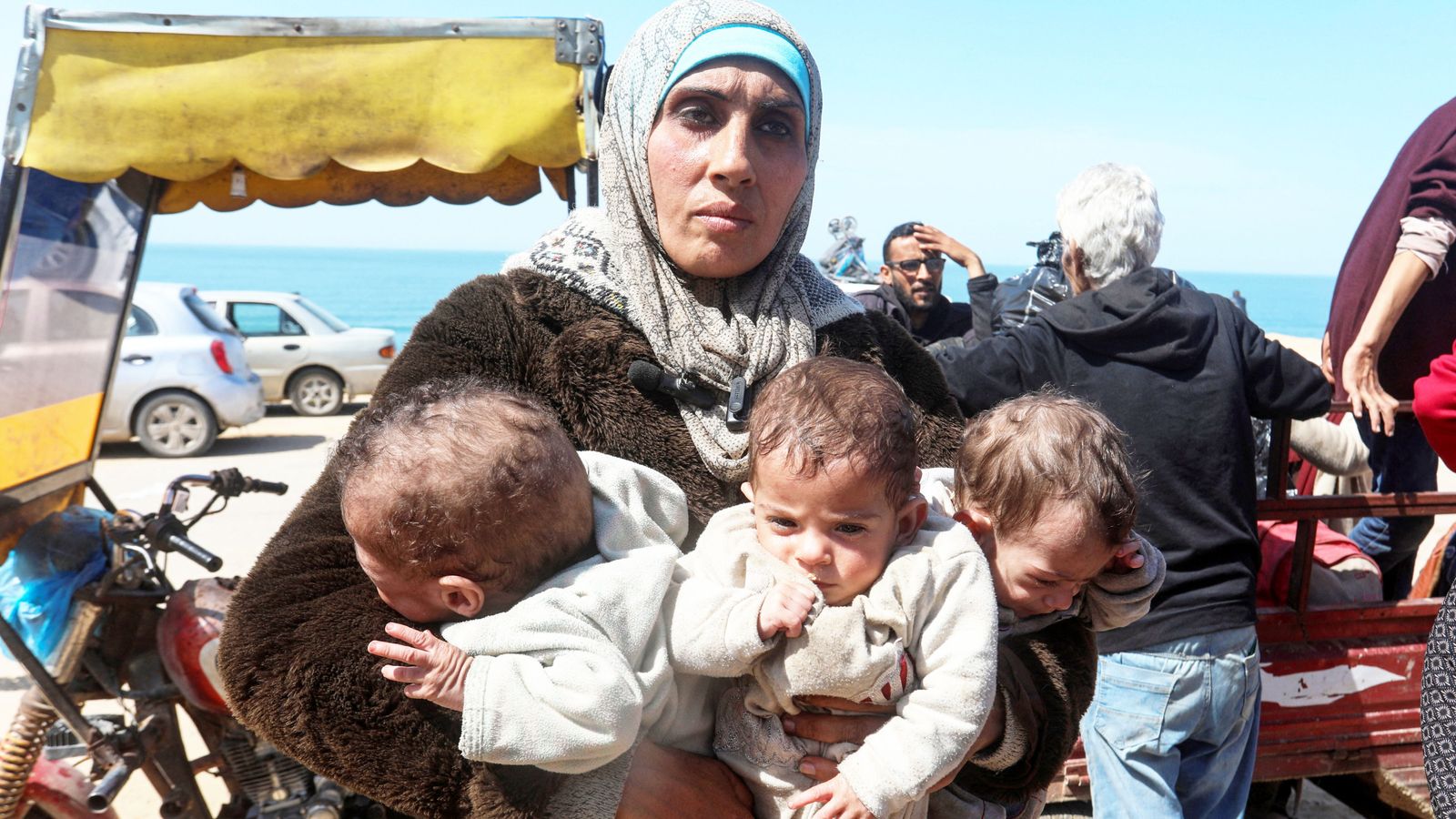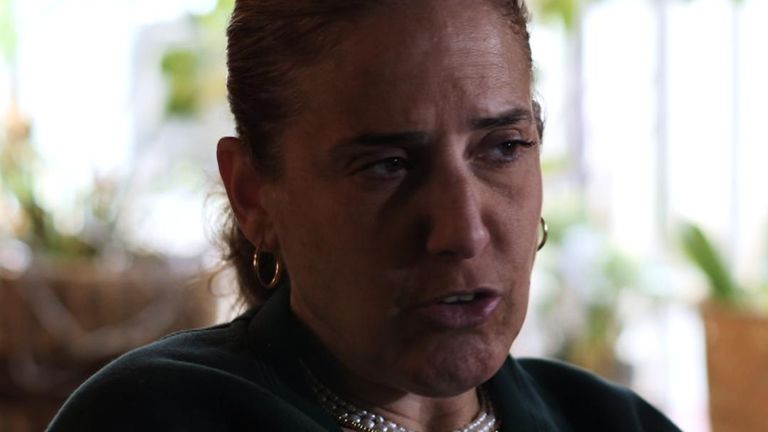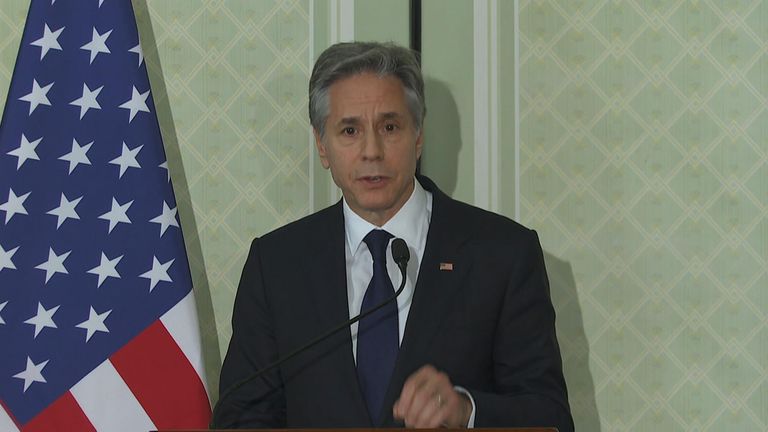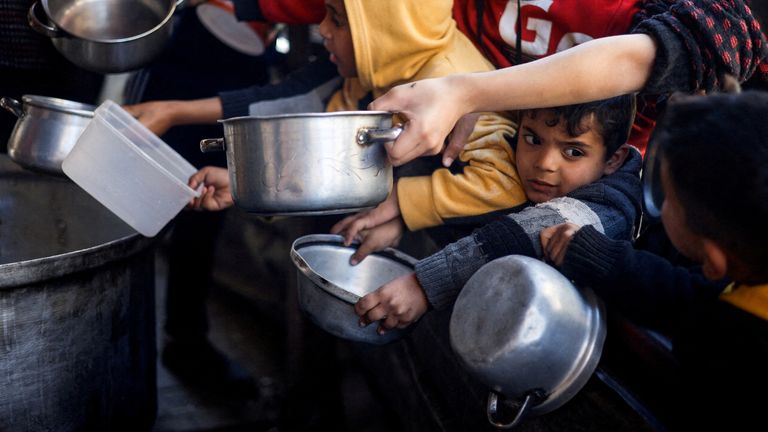A resolution calling for an “immediate and sustained ceasefire” in Gaza will be voted on by the UN Security Council today.
The draft has been sponsored by the US, Israel’s closest ally, which has vetoed three resolutions calling for a ceasefire in recent months.
A cessation of hostilities is described as “imperative” for protecting civilians and enabling humanitarian aid to reach more than two million Palestinians.
US ambassador Linda Thomas-Greenfield has expressed optimism that the 15-member council will approve the resolution.
While Moscow has said it will not be satisfied “with anything that doesn’t call for an immediate ceasefire”.
Its deputy UN ambassador has questioned the draft’s wording.
“What’s an imperative? I have an imperative to give you $100, but… it’s only an imperative, not $100.”
In other developments, Israel’s spy chief is heading to Qatar as negotiations on a potential ceasefire continue there.
The US is helping to mediate the talks, with Secretary of State Antony Blinken expressing hope a deal could be reached.
“Negotiators continue to work. The gaps are narrowing, and we’re continuing to push for an agreement in Doha. There’s still difficult work to get there. But I continue to believe it’s possible,” he said.
Read more world news:
Head of UN agency blocked from Gaza
Analysis: Will Biden criticism ring hollow?
A six-week truce is being discussed that would allow the release of 40 Israeli hostages in return for hundreds of Palestinians detained in Israeli jails.
This would pave the way for more aid to enter Gaza – with experts recently warning that “famine is imminent”.
On Thursday, UK Foreign Secretary Lord Cameron spoke of his “enormous frustration” that British aid for Gaza had been stuck at the border for almost three weeks.
Mr Blinken will meet Israeli Prime Minister Benjamin Netanyahu and his war cabinet today – as his sixth urgent mission to the Middle East since the conflict began.
There are growing disagreements between Mr Netanyahu and President Joe Biden over Tel Aviv’s determination to launch a ground assault in Rafah, where more than one million Palestinians have sought refuge.
Speaking in Cairo on Thursday, Mr Blinken had warned: “A major military operation in Rafah would be a mistake, something we don’t support. And, it’s also not necessary to deal with Hamas, which is necessary.”
Mr Netanyahu has told US politicians he plans to proceed with the operation nonetheless.



